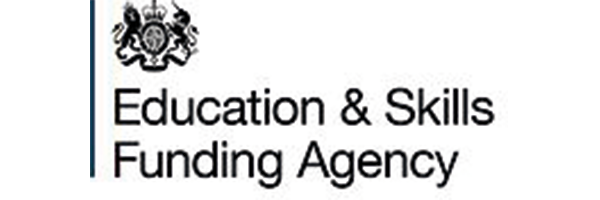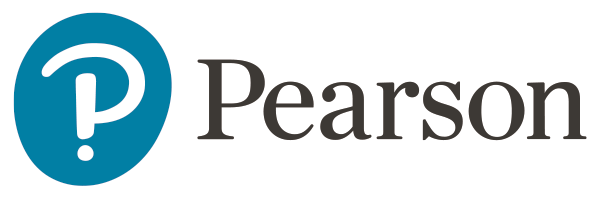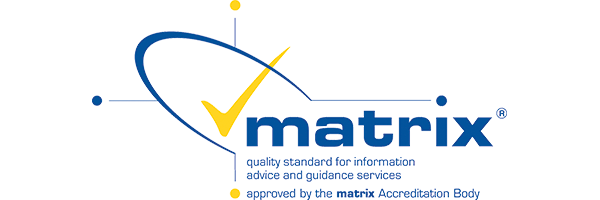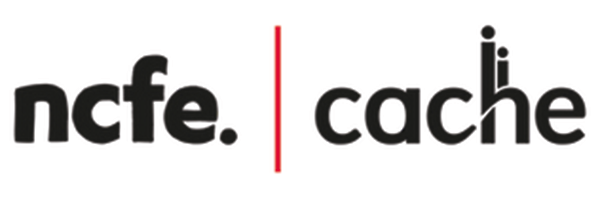Personal Development theme of the month:
Digital Skills
What are digital learning skills?
Digital skills are broadly defined as the skills needed to “use digital devices, communication applications, and networks to access and manage information,” from basic online searching and emailing to specialist programming and development.
Unesco’s definition of digital skills is ‘a range of abilities to use digital devices, communication applications, and networks to access and manage information. They enable people to create and share digital content, communicate and collaborate, and solve problems for effective and creative self-fulfilment in life, learning, work, and social activities.’

What are the 5 essential digital skills?
- Communicating.
- Handling information and content.
- Transacting.
- Problem solving.
- Being safe and legal online.
What are the benefits of digital skills?
Digital learning is at least as effective as classroom courses. The motivation and expectations of the learner are critical to retention and successful completion of a digital course. Age and maturity are likely to be significant factors in the successful completion of a digital course.
- Cost and time savings by shopping online.
- Flexibility of paying bills online.
- Keeping in touch with family and friends.
- Searching for special deals or employment.
- Finding or accessing local services.
- Staying up to date with news.
What is digital literacy?
“More than 11 million people in the UK do not have basic digital skills. One out of every 11 completely avoids the internet.” Lloyds Bank UK Consumer Digital Index, 2020"
10 Digital Skills that can make you instantly employable in 2022
- Social media – According to a recent study, there are 4.2 billion active social media users worldwide.
- Search Engine Marketing – Beyond social media, Search Engine Marketing (SEM) is one of the most influential disciplines that marketers have come to rely on.
- Data Analytics – During Covid-19, many marketers reverted to mass communications to target customers rather than using data-driven precision marketing.
- Content Marketing – Content comes in many forms – blog posts, videos, podcasts, infographics, even social media status updates.
- Email Marketing – One of the best ways to obtain and retain leads is via a tried and tested method: email.
- Mobile Marketing – According to We Are Social and Hootsuite’s Digital 2021 report, mobile connectivity continues to grow, with 97% of the world’s population using mobile phones, and 96% of all active connections coming from smartphones.
- Strategy & planning – Setting specific KPIs and identifying methods for measuring each indicator can help a marketer remain accountable. It’s also imperative that they analyze past campaigns and decide which metric is worth measuring.
- Social Selling – To connect with and influence customers, sales professionals need to be where their prospects are: online.
- Pay-Per-Click Marketing (PPC) – PPC is a popular way for brands to get traffic quickly. Companies with big budgets can get their search result to appear on Google’s first page to drive massive traffic.
- Video – Video has evolved from being just a form of entertainment to a major social media content driver. YouTube is now a powerful and influential platform while networks like TikTok and Instagram have turned video on its head to create wealthy influencers.
Digital literacy and e-safety
While it has the potential to deliver immense value, our online world also comes with inherent risks, particularly for young people. The truth is, while younger generations are being labelled as digital natives when it comes to safety, they are often no more literate than their parents.
Digital platforms make learners vulnerable to criminals and bullies, especially during a time of lockdown and social isolation. They can cause learners to compare their existence to the often-fabricated online lives of others, inciting feelings of inadequacy, detachment, isolation, and even the development of mental health issues. They can also open learners up to misinformation, manipulation, and fake news.
Practical examples to help introduce digital literacy into learning:
- Teach students about online safety
- Introduce students to “fake news”
- Challenge covert advertising
Further reading

Digital Marketing Institute

Essential Student Digital Skills | SkillsYouNeed
What Are Digital Skills & Why Are They Important? | UNLV
The Importance of Digital Skills in Adult Education & Employment (feweek.co.uk)
The value of digital skills in our communities and how these can be embedded into adult learning.

Adobe - 5 Benefits of Digital Literacy PDF (govconnection.com)
Five things you need to know about digital literacy and the benefits it brings.






